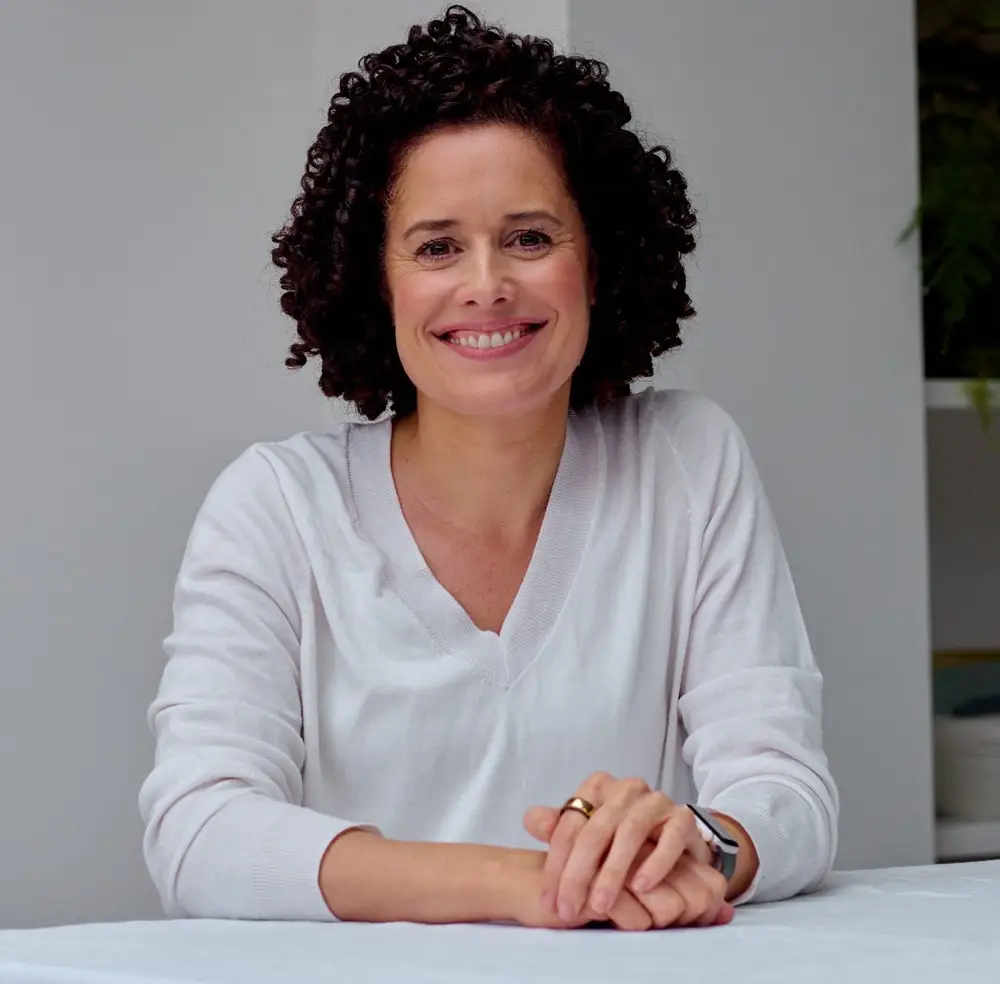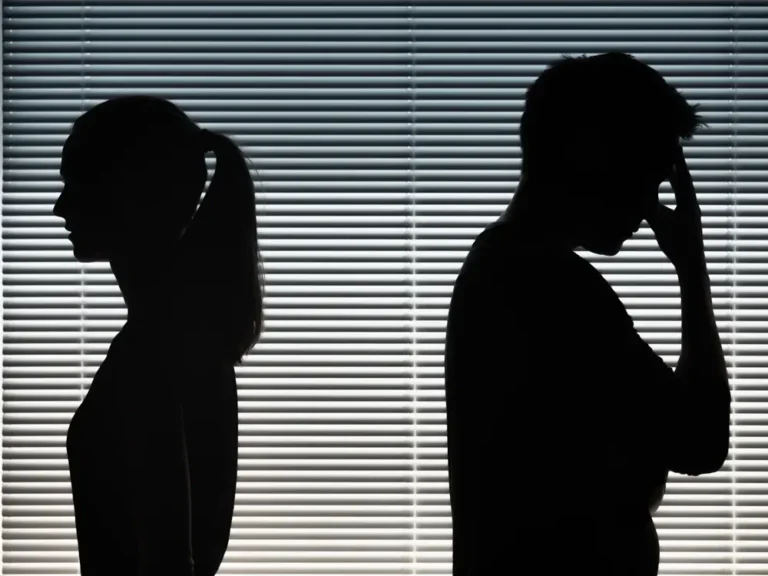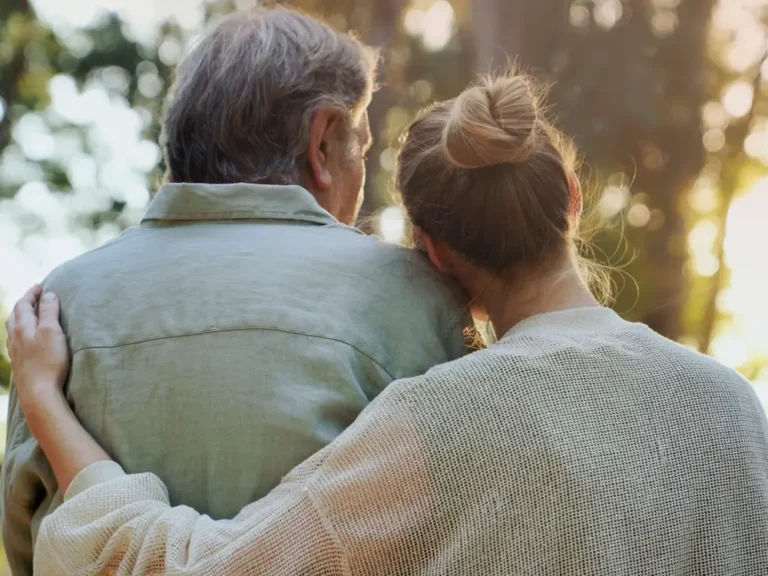A nutrition researcher shares how she eats to avoid an afternoon blood sugar crash

Nutrition researcher Sarah Berry said trying a continuous glucose monitor helped her change her routine for more stable energy throughout the day.
A nutrition researcher said that switching up her breakfast routine has helped her beat the 4 o’ clock crash.
Sarah Berry, professor at King’s College in London and chief scientist at health science company ZOE, had been struggling with afternoon fatigue, moodiness, and cravings.
“Every day at four o’clock, I used to get grumpy walking my kids home from school and feel a bit dizzy and then go and literally gorge on food because I felt so funny,” she told B-17.
Despite more two decades working in nutrition research, Berry hadn’t really changed her eating habits.
Then she tried a continuous glucose monitor, a now-trendy device that offers real-time updates on blood sugar levels in response to food, exercise, and other habits.
Berry found out that her blood sugar was crashing every afternoon when she had a high-carb breakfast, which helped explain the exhaustion she’d been feeling.
With a little planning ahead, she’s been able to adjust her habits for more stable blood sugar and better energy throughout the day, finding habits that work best for her body, routine, and priorities.
“This guidance that’s kind of a one-size-fits-all approach doesn’t necessarily optimize for the best diet at an individual level,” Berry said.
Blood sugar spikes and dips may mess with your energy
Berry said she is what’s known in ZOE studies as a “dipper,” prone to blood sugar crashes that can leave her feeling foggy and wanting to snack in search of more energy.
About 25-30% of people fall into this category, tending to experience drops in blood sugar below baseline several hours after eating a lot of carbs, ZOE research suggests.
Berry’s personal experience, along with the ZOE data, indicate that the low blood sugar levels can make people more likely to overeat, and also feel less alert and energized than they might otherwise.
Her research found that after a high-carb meal, so-called dippers craved another meal much sooner than non-dippers, tended to eat about 100 calories more at the next meal and about 300 calories more per day in an effort to stave of the slump.
“We know it actually makes you in the moment feel rubbish,” Berry said.
A high-protein breakfast can provide lasting fuel
Prior to checking out her blood sugar response, Berry might have a pastry or white toast for breakfast. But she found overloading on refined carbs and sugars led to a “rollercoaster” effect of dips and spikes, leading to more cravings later on.
Instead, she’s switched to Greek yogurt loaded with nuts and seeds, which is full of protein as well as healthy fats and some fiber, all of which help to slow digestion for fewer blood sugar fluctuations.
“It keeps me full for a long time and it sets me off on a nice path of gentle undulating hills of glucose. You don’t want these mountains and these ravines, for example,” Berry said.
She still makes time to enjoy food
But she hasn’t cut out carbs or treats completely, and said it’s not realistic to expect blood sugar to be a perfectly flat or balanced throughout the day.
“An increase in circulating blood sugar is a normal physiological response to eating carbohydrate,” she said. “Our bodies are made to be able to handle changes in circulations of blood glucose.”
The key is moderation, and to find healthy ways to enjoy carbs and other foods without extremes.
“If a food is too healthy to be enjoyed, it’s just not healthy at all,” she said.
That also means making compromises, and making choices that work best for your lifestyle. For instance, there’s some evidence that eating late at night can prompt a bigger blood sugar response, but Berry said it’s worth it to have dinner with her family.
“We have to remember food is part of our culture, our emotions, our social setting. I want to sit down in the evening with my family,” she said. “I know it’s eating late, but I would rather be with my family because that’s more important.”






